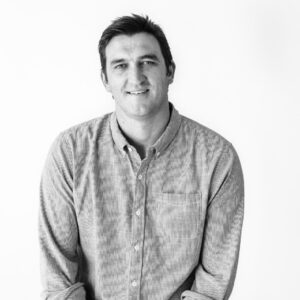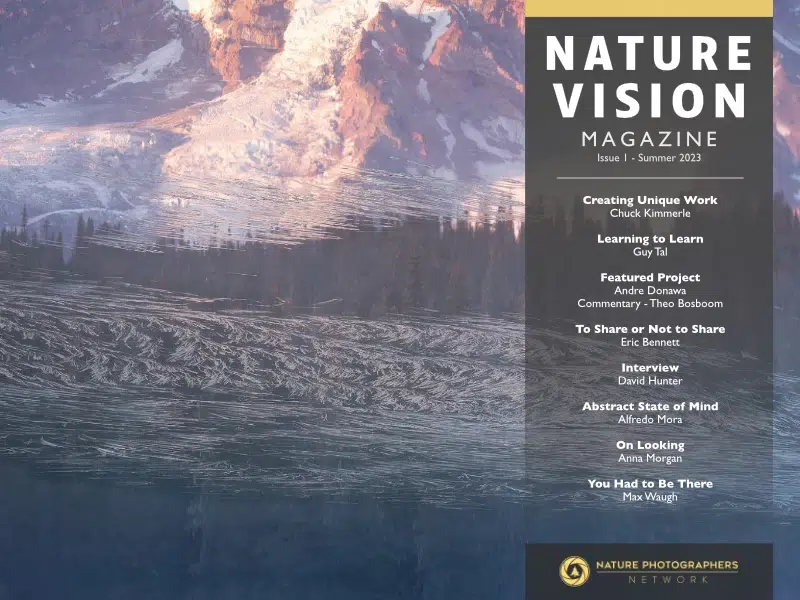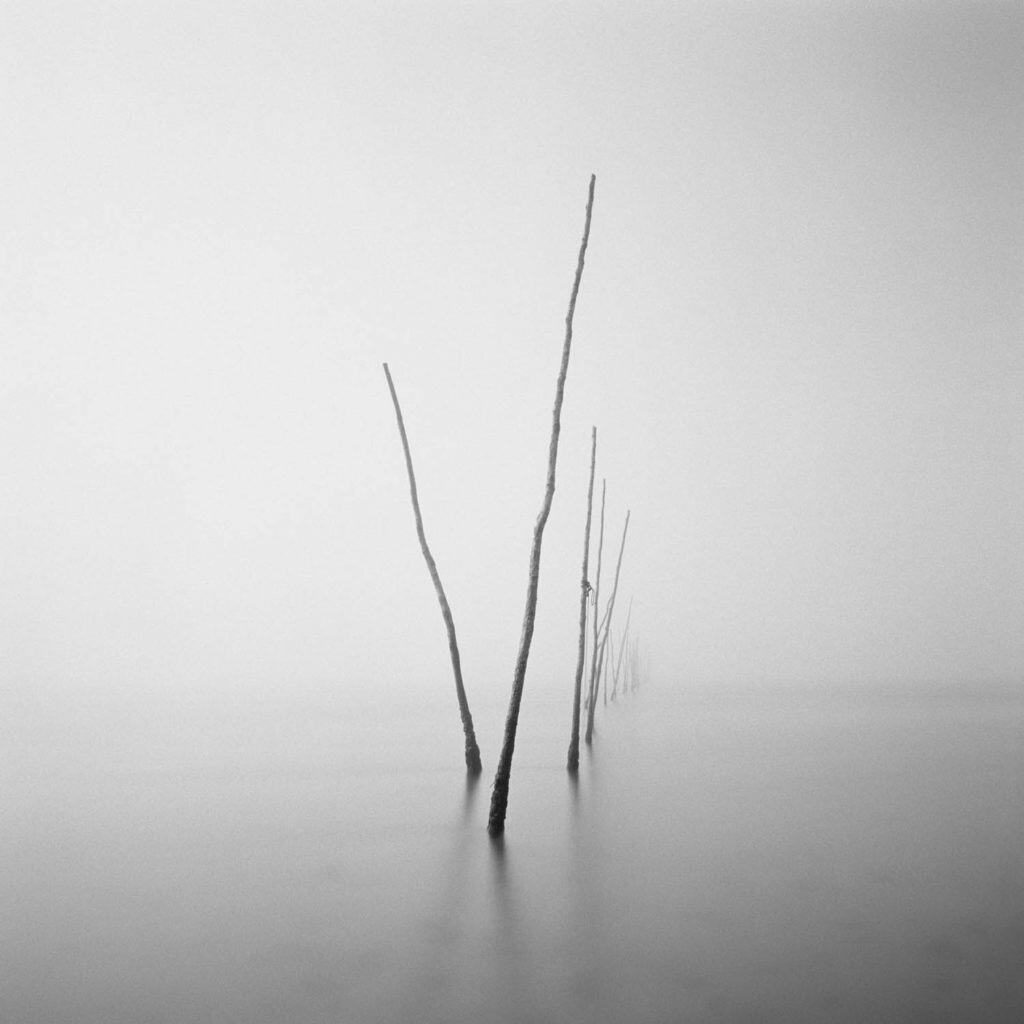
The photographs of bull-fighters Montoya had really believed in were framed. Photographs of bull-fighters who had been without aficion [passion], Montoya kept in a drawer of his desk.
Ernest Hemingway, The Sun Also Rises
I came across this line in Ernest Hemingway’s The Sun Also Rises a few years ago. While the book has nothing to do with photography or framing, this line perfectly sums up why we frame photographs. Because they are the pictures that mean something to us. Simple as that. The rest just sit on hard drives or drawers and may never see the walls of homes or galleries.
However your prints are displayed it should serve the same purpose to a photograph as an amplifier does to a great guitarist. It shouldn’t distract, but only deepen the art and the way it is viewed. Most of the audience at an Eric Clapton concert don’t know or care what kind of amplifier he uses. They just want to hear him play the guitar. But that doesn’t make the amplifier any less important. I’d bet that most guitarists and photographers alike, spend years looking for the right equipment.
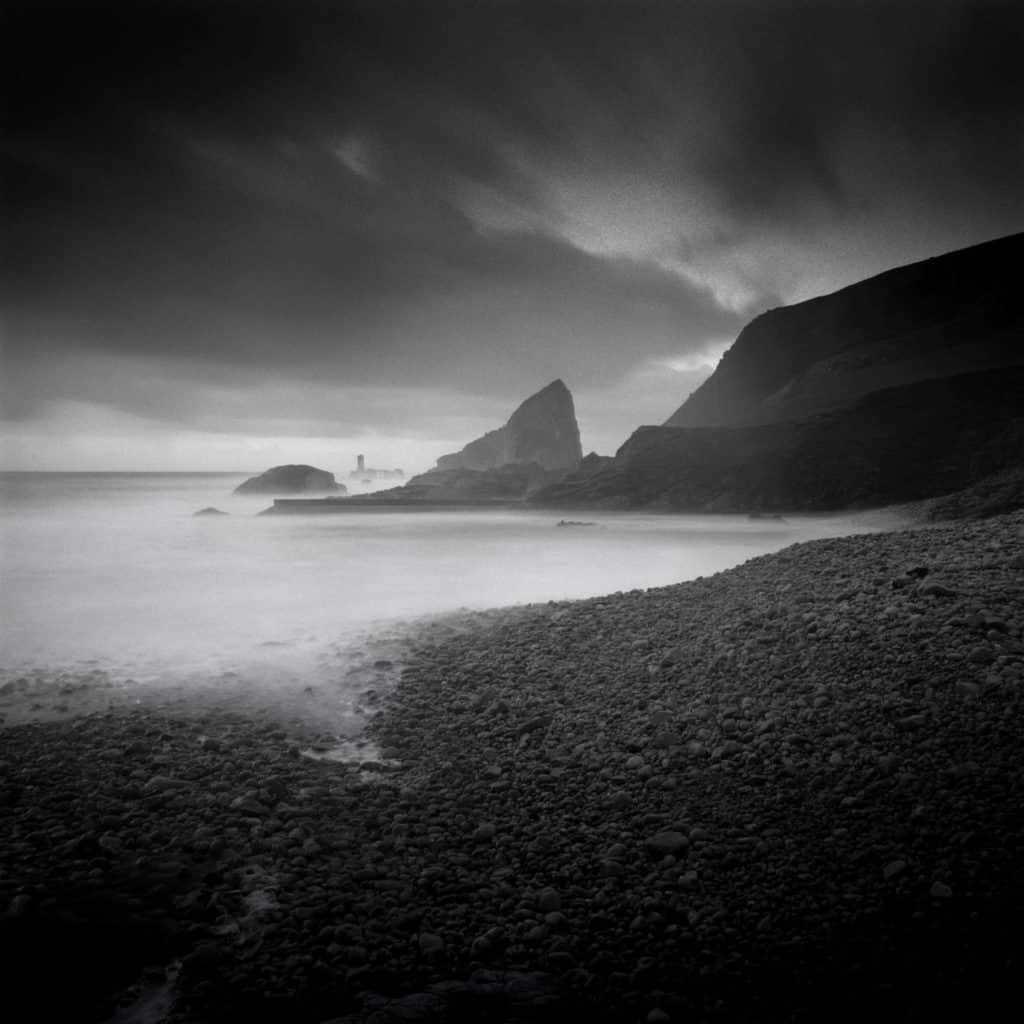
I happen to like picture framing a lot. So much so that in 2014 I started a business to do just that. Since then I have framed hundreds of beautiful prints for photographers all over the world. I am also an avid photographer. The framing business is a perfect intersection of my love of photography and creating beautiful products. Prior to starting the company, I felt like there was a big difference between what frames were available at high end frame shops I’d visited in big cities (not the big box stores) and what was available online. With my business I tried to address that need for photographers. So I started building the frames in which I felt proud to display my prints.
Throughout my years of framing prints for other photographers, who were selling their work to clients, I was happy to frame my photographs on the side for my personal use. Often family and friends would encourage me to do something more with my pictures, but I always feigned humility, and said I didn’t want to do that. Over the past five years my own personal ambition as a photographer has changed. It’s become something I’ve taken more seriously. I take trips every year by myself to work on landscape projects. But here was my problem: it’s scary to put your artwork out in the world. For me it felt too vulnerable.
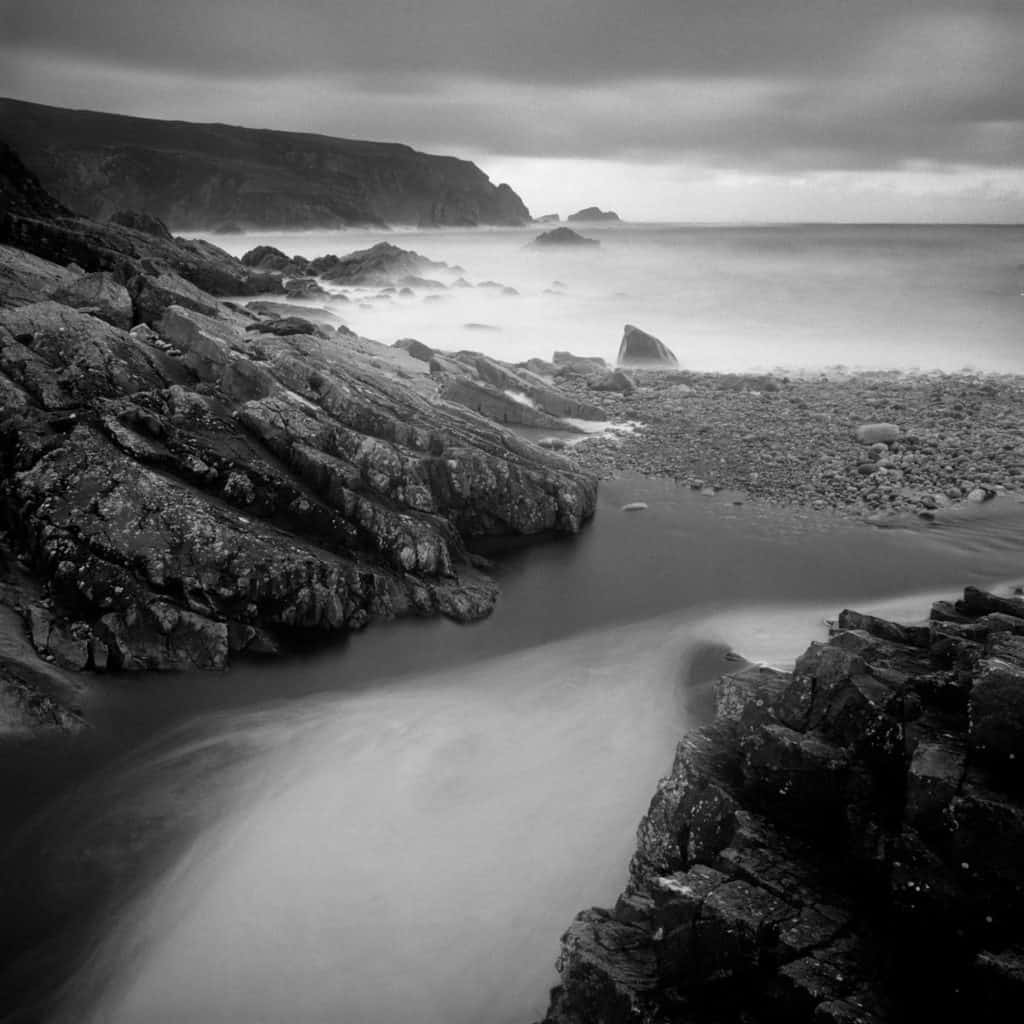
For illustration purposes, think of me a bit like Walter Mitty in Ben Stiller’s take on “The Secret Life of Walter Mitty”. Processing and archiving the film of legendary photographer Sean O’Connell, while secretly harboring a desire to live the adventurous life that O’Connell leads. Framing beautiful work for photographers is a great joy of mine, but secretly I also want to be courageous enough to be like the photographers I work with – displaying and selling their work in galleries, building relationships with collectors, and receiving professional accolades.
Some time ago I thought the solution might be to use Instagram to get over this hurdle. I would post an image on Instagram and for a while I felt like I was doing something positive to advance my own photography. In fact it was the opposite. It became a barrier towards my actual goal of getting my images into the world. I would post a photograph, get some likes (or that dopamine rush), and that was it. I received a few nice comments, which is always great, but it kept me from actually putting my tangible prints out into the world. As with most things in life, the easy way won’t really get you very far – and Instagram is very easy for a reason.
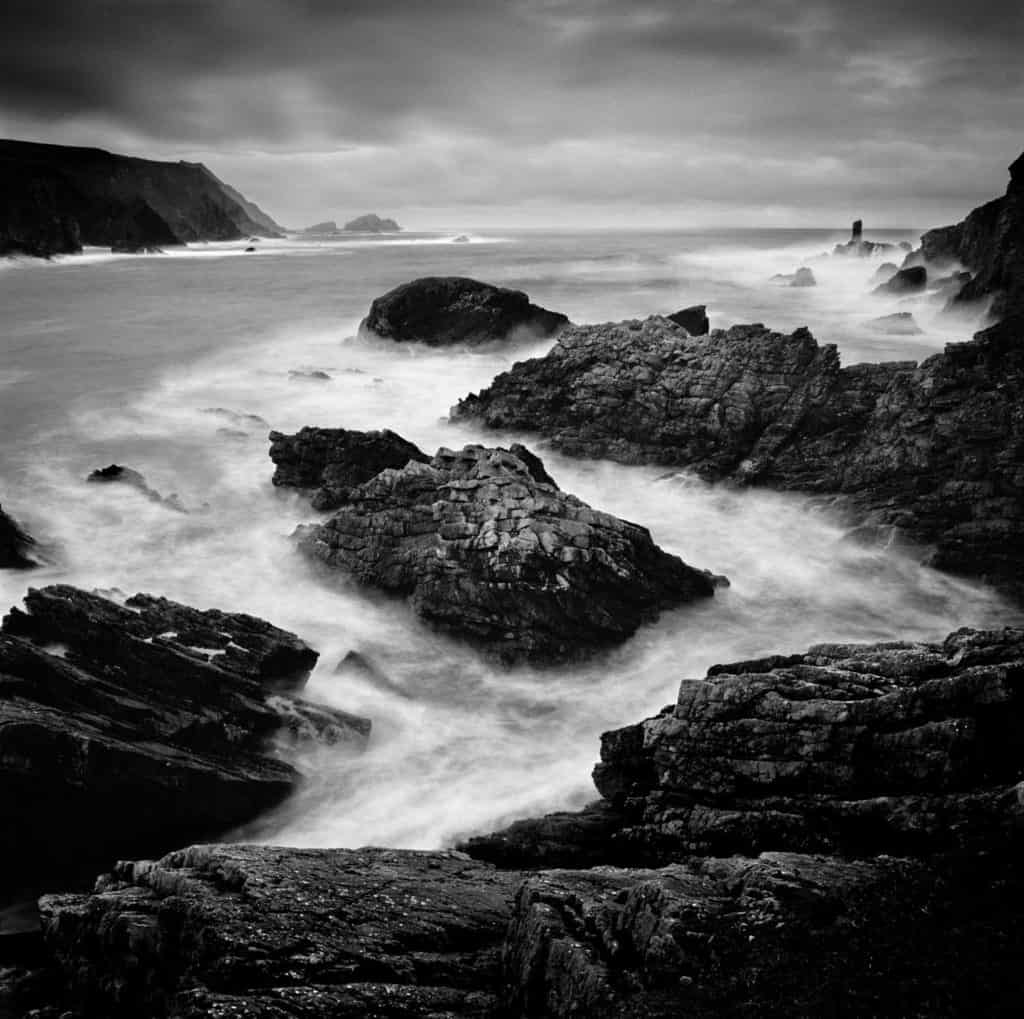
I’ve often thought of Vivian Maier, who worked as a nanny during her life, only to receive acclaim for her portraiture and street photography after her death in 2009. I’m sure you likely know the story by now, but to quickly recap, boxes of her negatives were purchased at auction from a storage unit when she was unable to make payments late in her life. The recognition of Ms. Maier’s work has been astounding. We won’t ever know her true desire for recognition but her photography definitely deserved it during her lifetime. Now, I am no Vivian Maier: her work is truly great, and I do not know the circumstances of her life, but I think I’d rather not wait to find out if my work is good enough.
So to get over that hurdle, I recently decided to do something different. I gave myself a few ground rules. First, it had to be tangible prints. Second, they needed to be seen by people I don’t know, in person. After dragging my feet for a few months, telling myself various things that always induced procrastination, I submitted three photographs to a local art gallery competition.
Fortunately, my images were selected for exhibit. When the email arrived in my inbox, there was a quick feeling of excitement, followed by “oh no, this is happening, people I don’t know are going to be looking at my pictures”. All the thoughts that we tell ourselves in the back of our heads came to the surface. My work wasn’t good enough. People wouldn’t like it
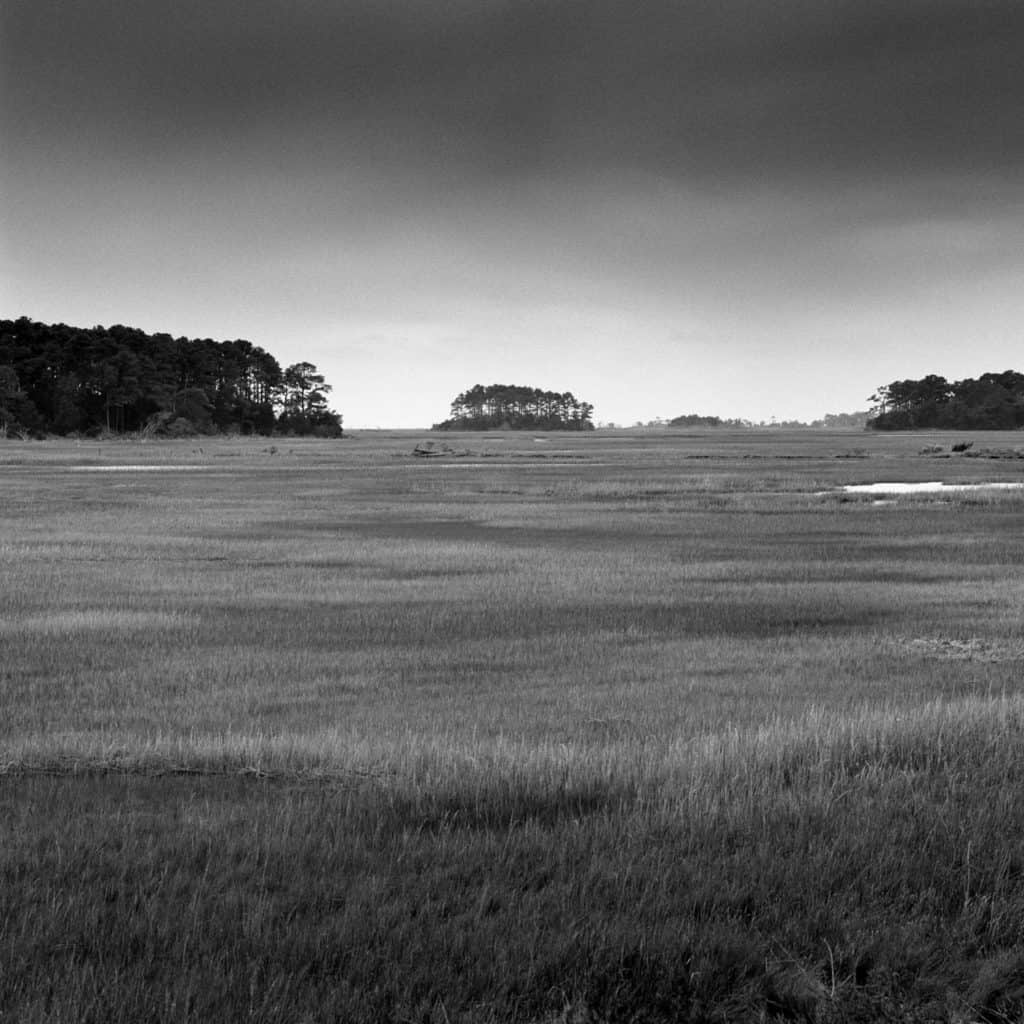
I was finally going to frame my own work for display. As simple as this sounds, for me, it was both a moment of pride, for trying something new, but also a moment of anxiety, for not knowing what the results would be.
At the time I submitted my prints for the show, I knew that “strangers” would be looking at the prints, but I didn’t know who exactly that would be. I had neglected to read the fine print and that there would be a reception for the artists, where the work would be judged by the curator of a local museum. “Wait, what?” I said to myself. This wasn’t just any stranger, it was a stranger with an opinion…and an educated one at that! My nervousness grew.
Fast forward a few weeks and I have my own prints framed and displayed in a gallery. A first step and an achievement that will hopefully mark the beginning of more to come over the long term. The artist reception would last for an hour followed by an award ceremony. As I walked in the gallery I noted where my prints were, took a brief look at them, then headed straight to the bar at the other end of the gallery to grab a beer. I haven’t been that nervous in a situation in a while. I get less nervous talking in front of a group of people, but knowing that people were looking at and potentially judging my work, was a particularly vulnerable experience. I remembered why I hadn’t done it before that. My photos made me feel less emotion when they were sitting on my lightbox, where I can silently edit them myself. But there I was – no way out.
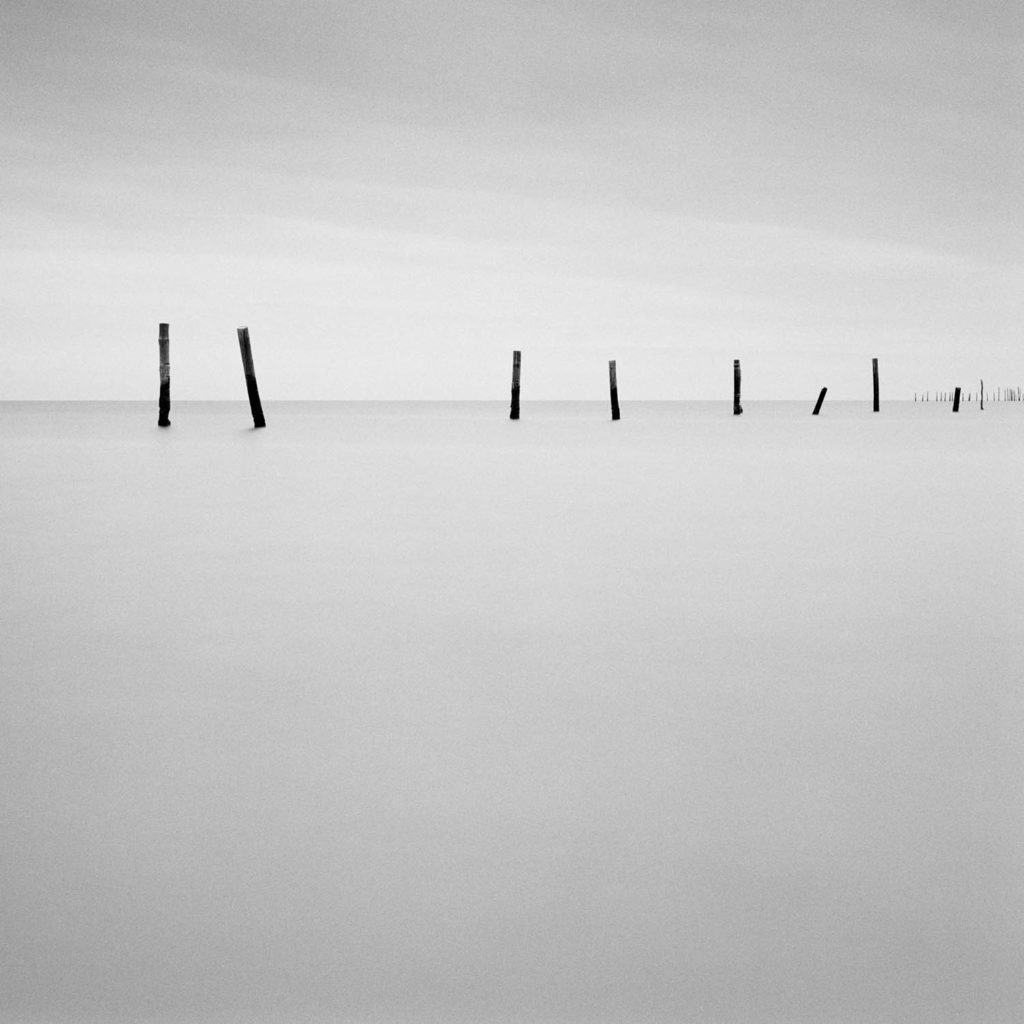
At the end of the night, my photographs were recognized by the judge and she spoke about what she saw in them. To be honest, when she started talking about my work in front of the crowd I lost track of space and time for a few minutes. Thankfully, my wife recorded the event on her phone and I was able to look back at what she said about my work. To my delight, she was able to pick up on the themes that I was trying to convey, adding to a further sense of accomplishment on the night.
Starting my framing business was a big risk and challenge. But eventually the risk subsided and it became an established idea and part of what I did every day. Stepping out of my comfort zone again and submitting my photography to a local competition to have it viewed and judged by people I didn’t know was the first time in a while I’ve felt that similar anxiety. And at some point this too will become part of what I do, and I’ll be on to the next creative challenge.
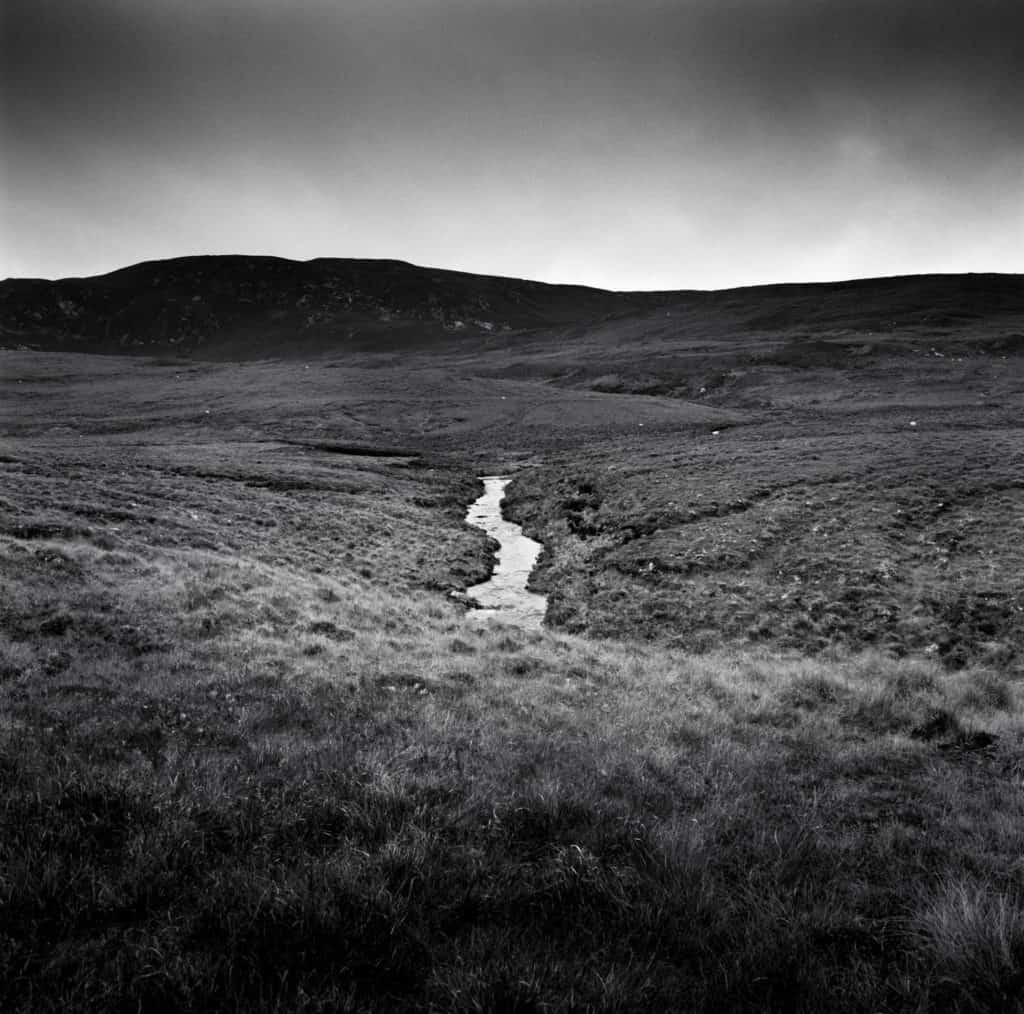
To close I’ll share some words from my friend David duChemin from his wonderful book, A Beautiful Anarchy. He writes:
All of us hear voices, and those voices fall anywhere from dark and harmful to being full of light and love. Hearing those voices is not the problem; the problem is listening to them without sifting the truth from the lies, and listening to them at such a volume that we drown out the voice most important in creating something beautiful in our lives: our own.
There will likely be greater challenges and creative risks ahead if I want to continue along this career path. For me, it felt like a big leap from my business of making picture frames for other photographers, to making them for my own work. All because I was listening to the part of my brain that was telling me to play it safe, that my work wasn’t good enough. I have goals in mind for the future, but perhaps the first step, though it feels big, will just be a fond memory of a night in a gallery in the end.

